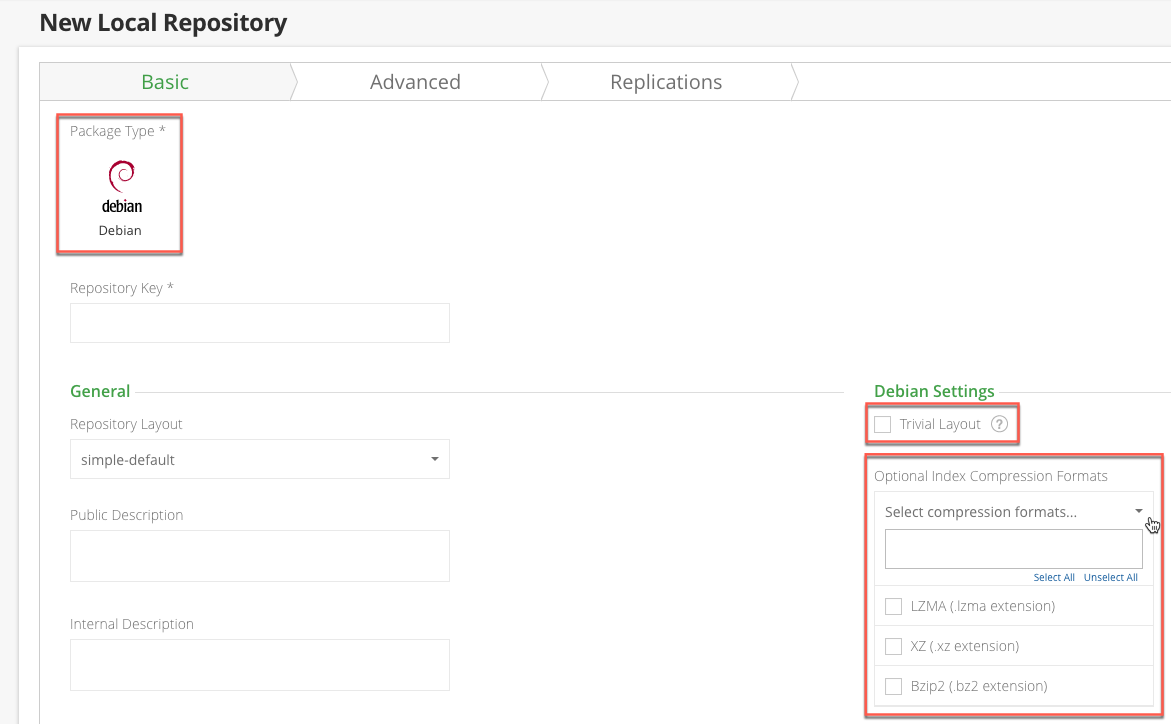Dare to Be an Artifactory Debian Devil

JFrog Artifactory supports Debian repositories covering the full lifecycle of your Debian packages to manage development, vulnerability analysis, artifact flow control and distribution. In this blog, you can review our most up-to-date features specially developed for the Debian community including the cool features that may have slipped under your radar.
9 reasons why you should use Artifactory Debian repositories
As a fully-fledged Debian repository, Artifactory:
- Generates index files that are fully compliant with Debian clients.
- Provides GPG signing keys that can be used by Debian clients to verify packages.
- Calculates Metadata for Debian packages hosted in Artifactory’s local repositories.
- Supports the acquire-by-hash functionality of APT clients for Debian repositories laid out using the Automatic architecture. This is very useful when Debian metadata is updated very frequently.
- Via the REST API provides extensive support for Debian.
- Support the following compression Debian indices: Gzip, Bzip2, LZMA and XZ.
- Supports Local, remote and virtual repositories.
- Manages your Debian binaries across multi-site topologies.
- Supports scaling to large Enterprises.
Local, remote or virtual Debian repos: You get to pick!
Local repositories
Local Debian repositories are physical, locally- managed repositories into which you can deploy Debian packages. Typically, these are used to deploy internal and external releases as well as development builds, but they can also be used to store Debian packages that are not widely available on public repositories such as 3rd party commercial components. 
Remote repositories
A remote repository allows you to proxy and cache remote Debian resources to remove dependence on the network and continue operating even if the remote resource goes down. The ability to proxy remote repositories and cache external packages from the remote repository is crucial as it speeds up your builds, ensures reliable access, gives control over the bill-of-materials and offers many more benefits making it a practice you cannot live without in your CI/CD pipeline.
You can extract Debian package metadata (i.e. component, distribution, and architecture) from remote Debian repositories and assign the metadata as properties on the cached packages. This can be done using the REST API or from the Artifactory UI. This enables searching for cached Debian packages in remote repositories, as well as whitelisting remote-cached Debian packages to your local Debian repositories.
Virtual repositories
A virtual repository encapsulates any number of local, remote and virtual repositories, and represents them as a unified repository accessed from a single URL. It gives you a way to manage which repositories are accessed by developers since you have the freedom to mix, match and modify the actual repositories included within the virtual repository.
To optimize artifact resolution, Artifactory will first look through local repositories, then remote repository caches, and only then go through the network and request the artifact directly from the remote resource. For the developer, it’s simple. Just request the package and Artifactory will safely and optimally access it according to your organization’s policies.

Managing your Debian binaries across multi-sites
You can manage your binaries across multi-sites by configuring your Debian local, remote and virtual to perform replication using Artifactory Multi-site topologies. To see how it’s done, see Artifactory multi-sites.



